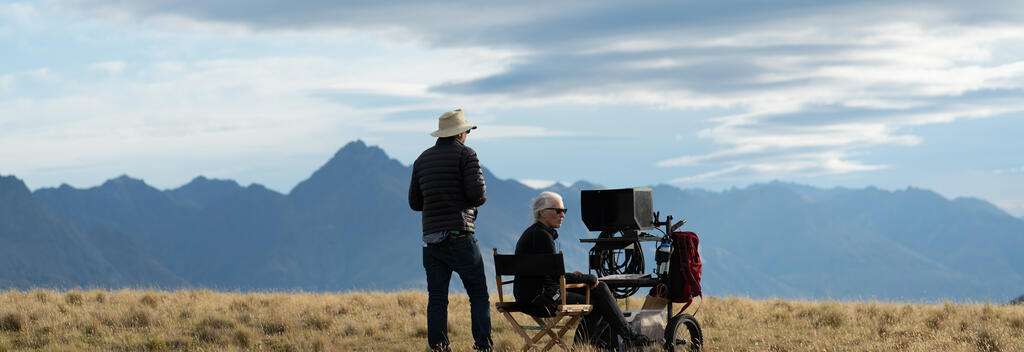

Dame Jane Campion helped shape New Zealand’s film industry, but New Zealand helped shape Campion’s films, influencing everything from cinematography to how her films are made.
New Zealander Dame Jane Campion is one of contemporary cinema’s most accomplished film directors. She is the first female director to receive a Palme d’Or (‘The Piano’, 1993) and the second female director to win an Academy Award (‘The Power of the Dog’, 2022). Her most notable works include ‘The Power of the Dog’ starring Benedict Cumberbatch (2021), ‘Holy Smoke!’ starring Kate Winslet (1999) and ‘The Piano’ (1993), which turned Harvey Keitel, Holly Hunter and Anna Paquin into household names.
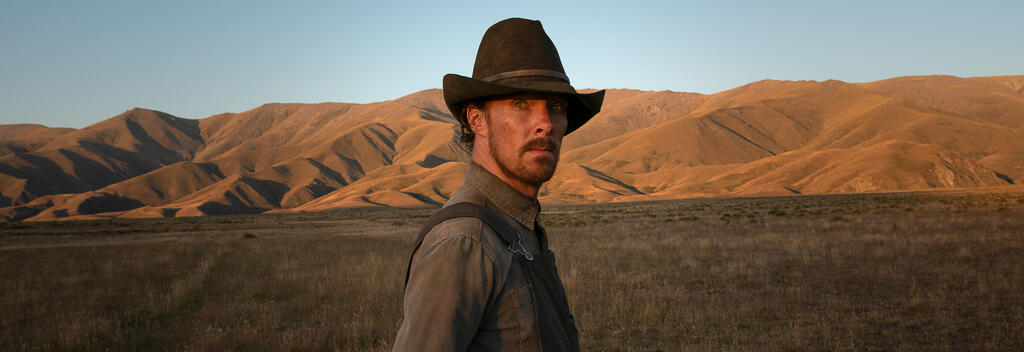

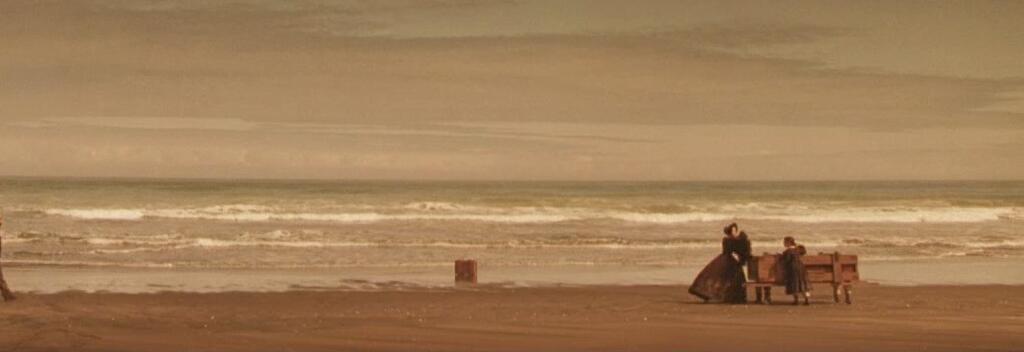

Film directing was a male-dominated industry when Jane started out. She carved a niche by making films with strong central female characters and telling the story from their perspective. Her work often focused on relationships and intimacy, and all the complex and contradictory ways women experience the world and push and pull against social convention.
She works in a variety of genres, often in unconventional ways. Whatever genre she works in – whether it be western (‘The Power of the Dog’), murder mystery (‘Top of the Lake’), or period drama (The Piano) – she doesn’t stick to formula. If anything, she’s a genre mixer. Apply the prefix ‘psychological’, as in psychological western, psychological murder mystery, and you’ll have something approaching an accurate description of her work.
To bring psychological complexity to her films, Jane has some novel ways of preparing. For ‘The Power of the Dog’, she saw a dream analyst to help her understand the character of Phil. In rehearsals, her approach was just as oblique. She gathered the actors for a few weeks to do things like hike, improvise, or just sit in rooms in character without talking.
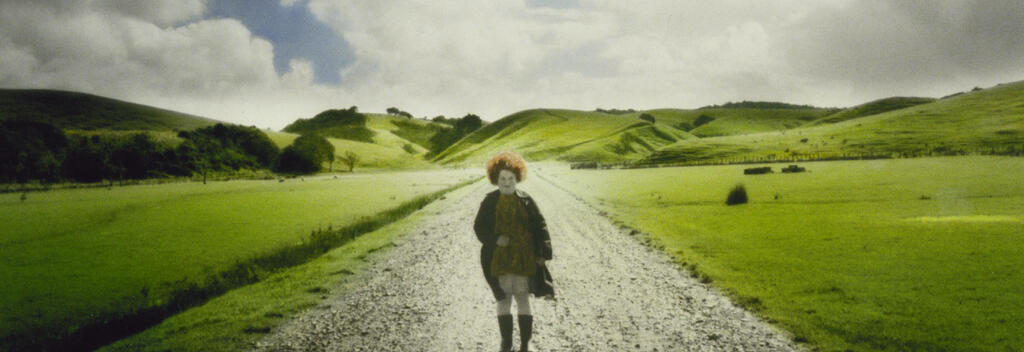

Jane’s fine art training is reflected in the sophisticated visual style of her films. Cinematography is integral to her storytelling, helping to convey emotions and themes, often though symbolism and always in a perfectly framed shot.
When filming in New Zealand, Jane often focuses on the landscape, using it as a tool to develop the narrative – for instance, in ‘The Power of the Dog’, Jane captures the beauty of the Hawkdun Ranges in a way that both evokes and contrasts with the story’s brutal narrative. But in ‘An Angel at My Table’, a biographical film about New Zealand author Janet Frame, Jane uses shots of rural Otago to reflect the main character’s feelings of isolation.
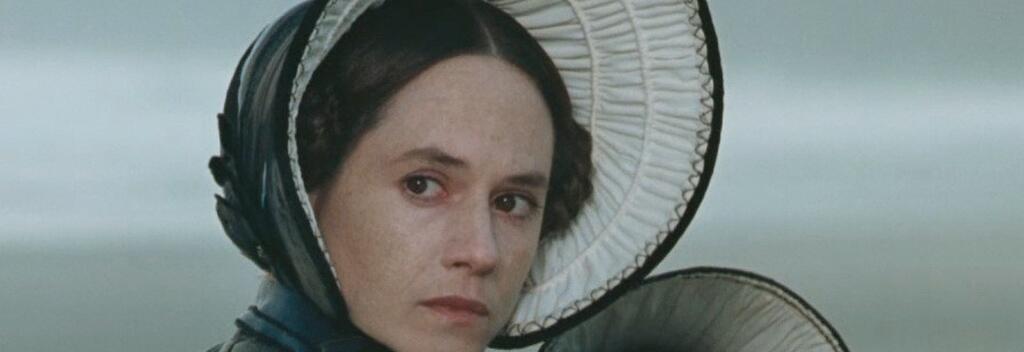

Growing up in New Zealand has shaped Jane’s filmmaking. During her formative years as a filmmaker, New Zealand’s film industry was at a nascent stage. Because budgets and resources were limited, she focused on narrative and developed creative ways of doing things cheaply.
Jane has commented that filming in New Zealand provides a welcome break from Hollywood, allowing her to focus on craft, rather than the business side of filmmaking. She has also spoken positively about the collaborative spirit of the New Zealand film industry.
Sweetie, 1989
An Angel at My Table, 1990
The Piano, 1993
The Portrait of a Lady, 1996
Holly Smoke!, 1999
In the Cut, 2003
Abduction: The Megumi Yokota Story, 2006
Bright Star, 2009
Top of the Lake, 2013 (TV)
Top of the Lake: China Girl, 2017 (TV)
The Power of the Dog, 2021